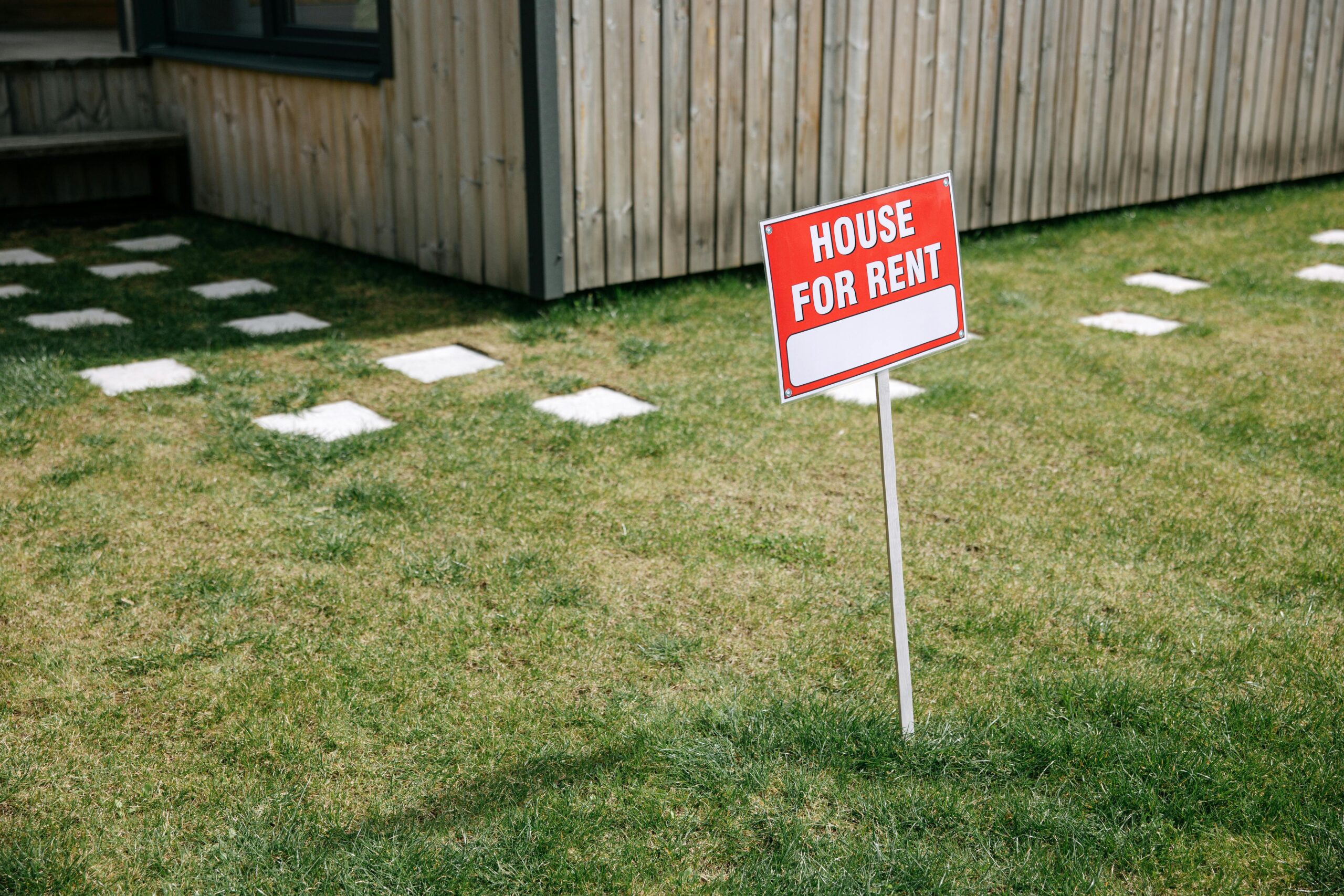
Interest deductibility, what is it?
Interest deductibility on rental properties refers to the ability of property owners to deduct the interest paid on their mortgage loans from their taxable income. This means that the interest expenses incurred for financing the purchase or improvement of a rental property can be subtracted from the property’s income, reducing the owner’s taxable income and potentially lowering their tax liability.
However, there have been changes to the interest deductibility rules in New Zealand. The Labour government removed the ability for property investors to offset interest expenses against rental income. This was done to address investor demand for existing homes and create a more level playing field for first home buyers. Some exemptions were made for new builds and social housing to stimulate investment in those areas.
New tax deductibility rules?
The current government plans to reverse the changes made by the Labour government. Landlords will be able to claim
- 80% of their interest expenses from April 1, 2024, and
- 100% of those expenses from April 1, 2025.
However, this change means that landlords won’t be able to claim the expenses retrospectively as initially indicated.
The reversal of interest deductibility is seen as a step in the right direction for addressing issues in the housing market. Rising mortgage interest rates and limitations on interest deductibility have put pressure on landlords and tenants, leading to high rental costs and reduced options for tenants. Bringing back interest deductibility is expected to make residential properties more attractive and increase the pool of properties for tenants to choose from.
Bright-line test changes
In addition to the changes in interest deductibility, there have also been proposed changes to the bright-line test. Currently, the bright-line test is 10 years for properties purchased after March 27, 2021, and 5 years for new builds. National’s pre-election proposal suggested rolling back the bright-line period to 2 years, potentially starting from July 2024. This means that properties acquired before July 2022 may no longer be subject to the bright-line tax rules.
The opinions and research contained in this article are provided for information purposes only, are intended to be general in nature, and do not take into account your financial situation or goals.




